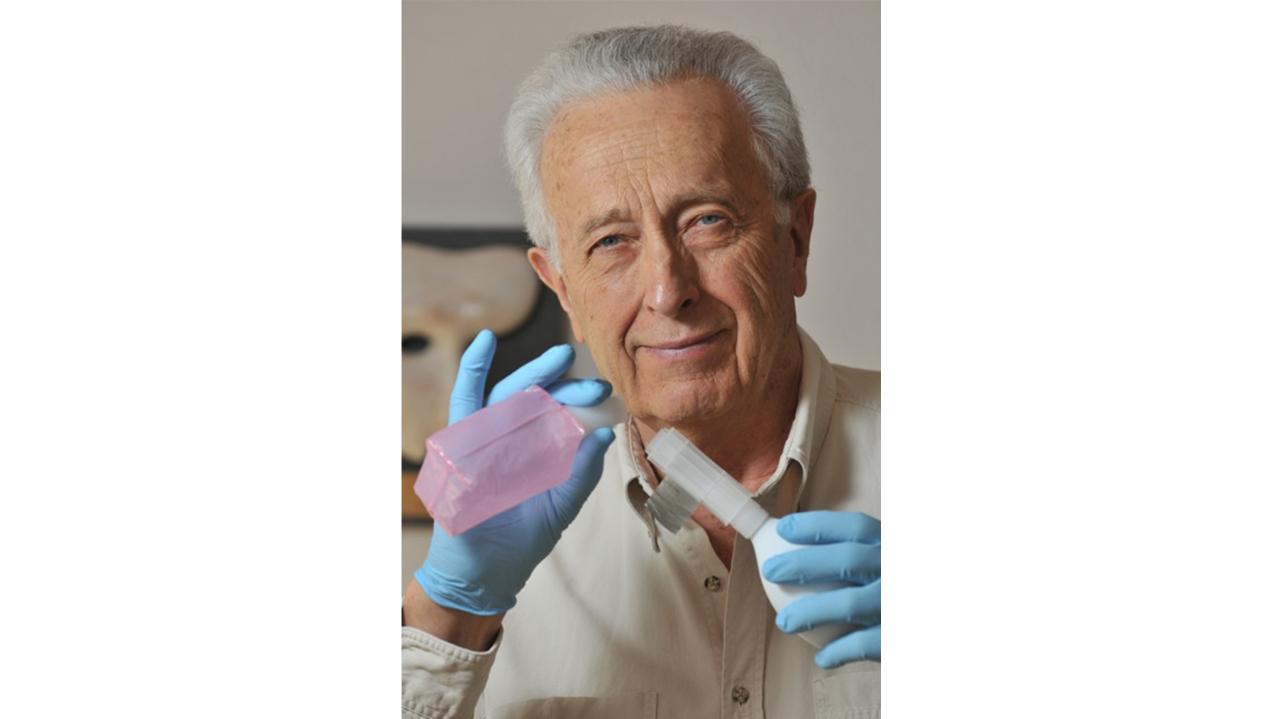Robert Sievers
Emeritus Professor of Chemistry
- Ph.D., University of Illinois, 1960
Research Interests
For more than 40 years the Sievers research group has conducted fundamental and applied studies in the areas of environmental and analytical chemistry. More recently the group has researched the formation of nanoparticle and microparticle aerosols and has developed innovative methods for synthesis, purification, characterization of useful materials. Carbon dioxide-assisted nebulization provides superior aerosols.
Professor Sievers is collaborating with medical professionals and engineers to develop new methods for delivery of aerosol particles useful in direct and painless administration of therapeutic drugs and vaccines by inhalation and by sublingual delivery. The drugs are dissolved or suspended in supercritical fluids, and unusually small aerosol particles are formed by rapid decompression to facilitate delivery of the aerosol particles to the alveoli and to allow rapid uptake by the lungs and respiratory tracts. Formation of fine aerosols is expected to become increasingly important in the treatment or vaccination against corona viruses, measles, influenza, infections, stress, COPD, and asthma.
Current Research
Development of needle-free and water-free inhalable dry powder aerosol vaccines and pharmaceutical treatments, including cannabinoids from hemp
Substantial effort is directed toward inhalable dry powder aerosol vaccines and pharmaceuticals that require no needle, no purified water for reconstitution, and no electricity or batteries for delivery, which makes them especially useful in developing countries. The Sievers group has published about 200 journal articles and books cited by over 5000 other research groups. He and his colleagues have been awarded about 40 U.S. and foreign patents. Professor Sievers led a team as Principle Investigator of inhalable vaccines funded by FNIH through the Bill and Melinda Gates Foundation in the Grand Challenges in Global Health Initiative.
There is also interest in our Carbon Dioxide Assisted Nebulization with a Bubble Dryer (CAN-BD), to produce aerosol microparticles small enough (1-5 microns aerodynamic diameter) for cannabinoids to be distributed throughout the moist respiratory tracts of humans and test animals in which diseases can be prevented or alleviated. CBD (cannabidiol) for example may alleviate severe COVID-19. The Sievers research group also manages an experimental hemp plot in East Boulder County to study new cultivars and to develop and improve processing and extraction technologies.
Research Images
Honors and Awards
to
Invalid date -Sponsors
-
Invalid dateP.I.(s)
About CECA
CECA connects and creates a supportive environment for graduate students and postdocs who come from various academic units to do research in CIRES.
